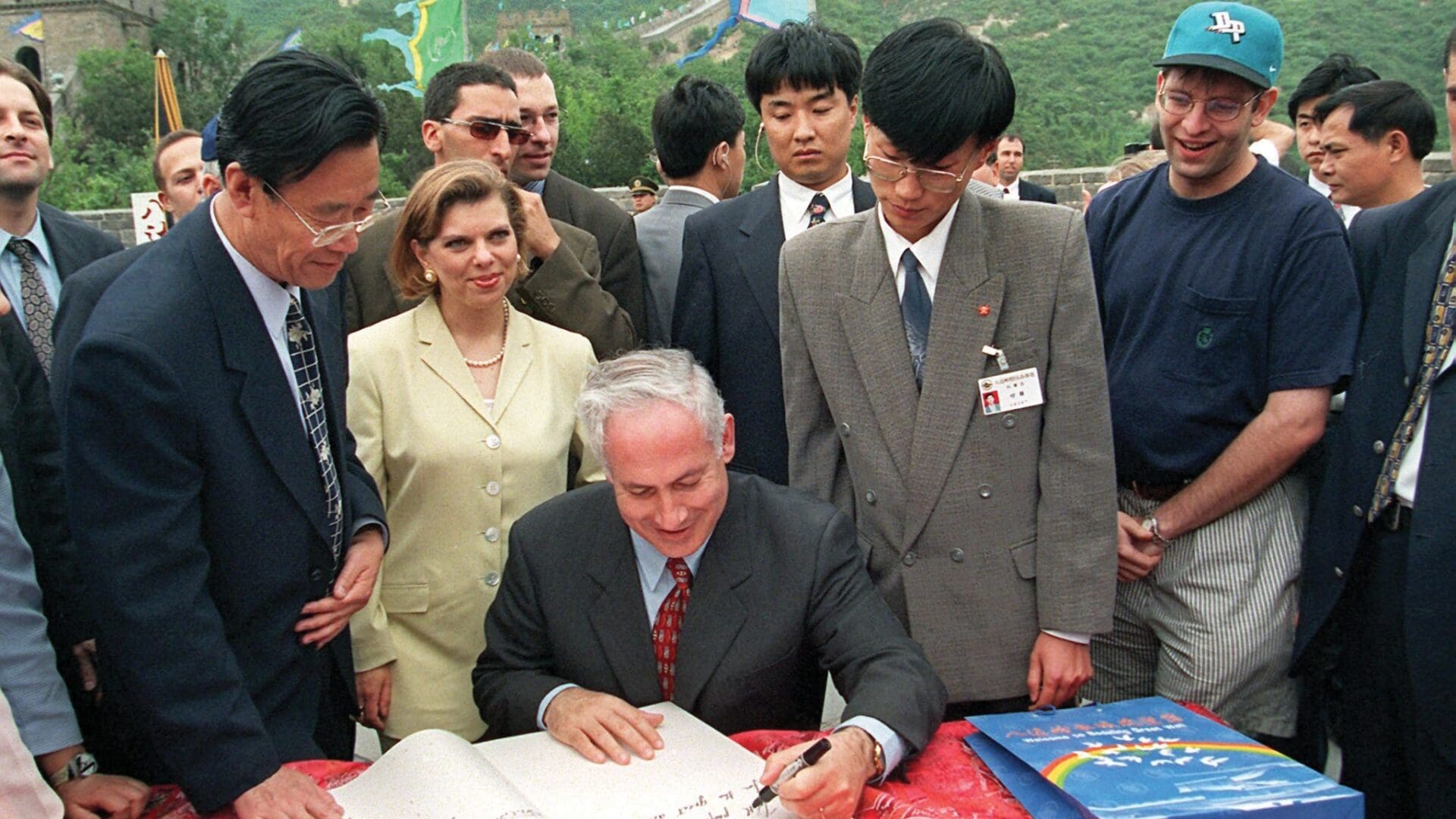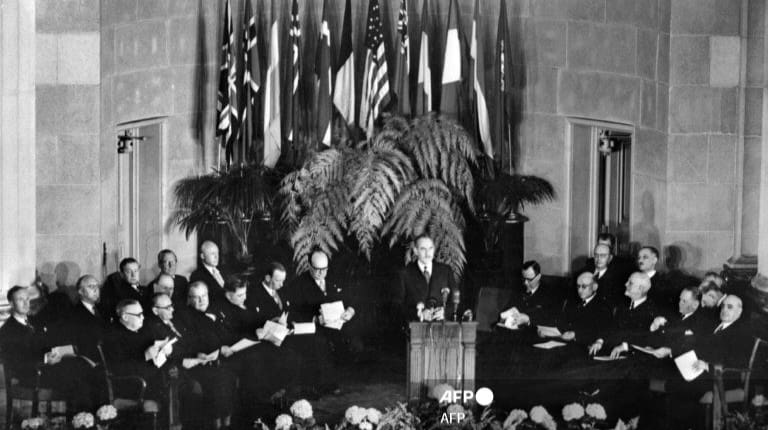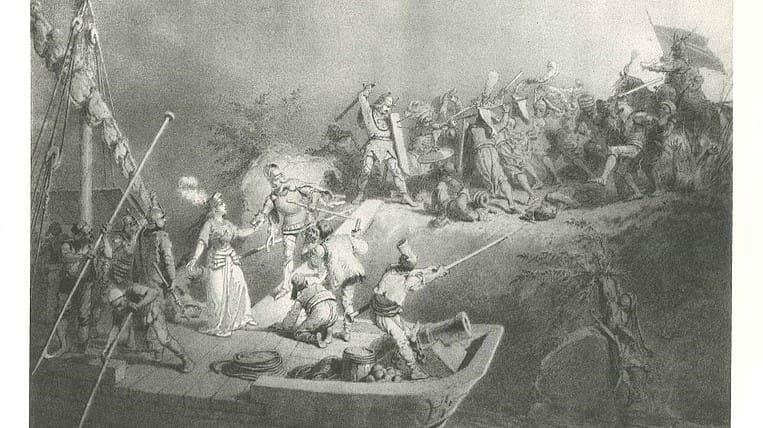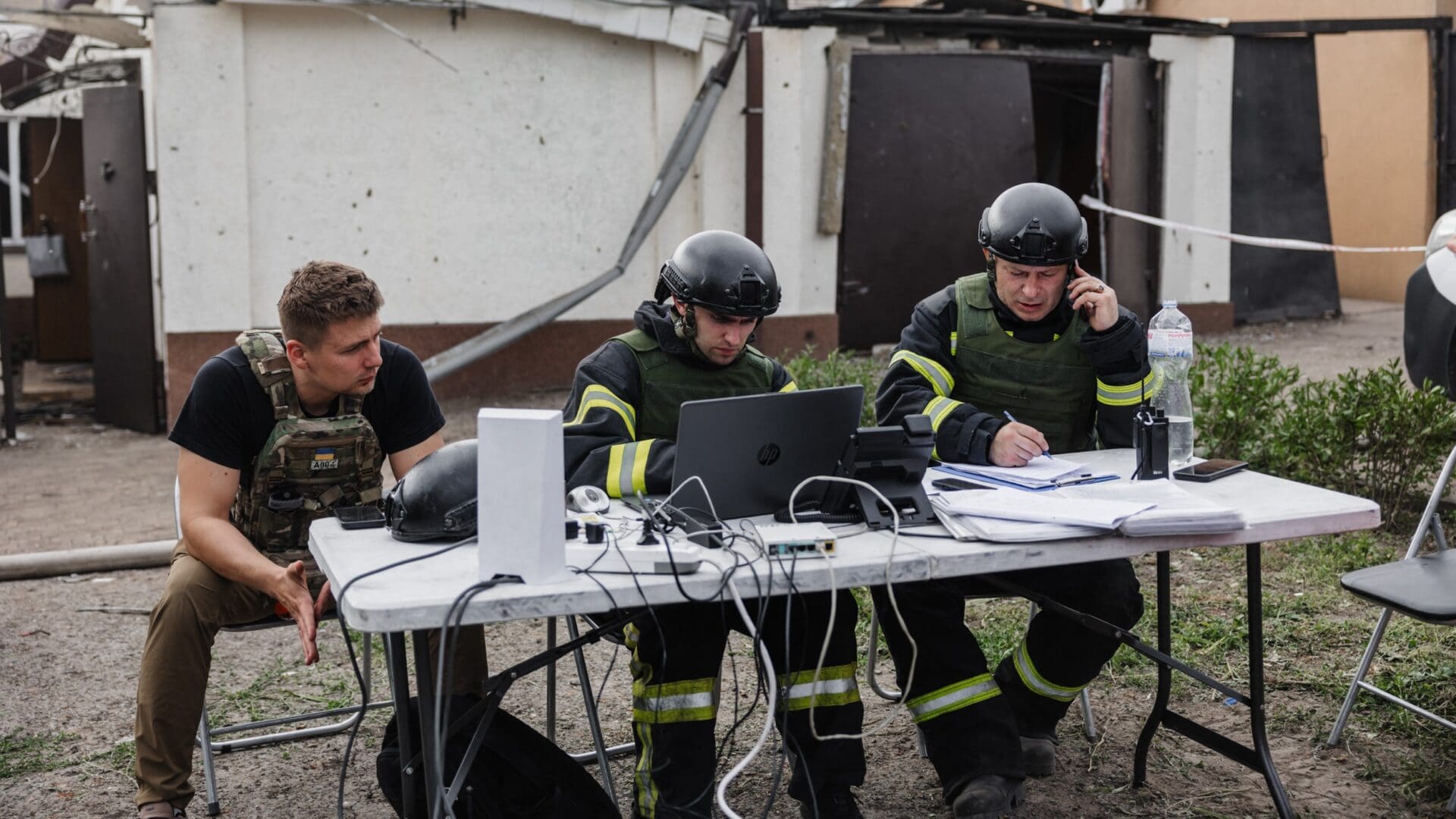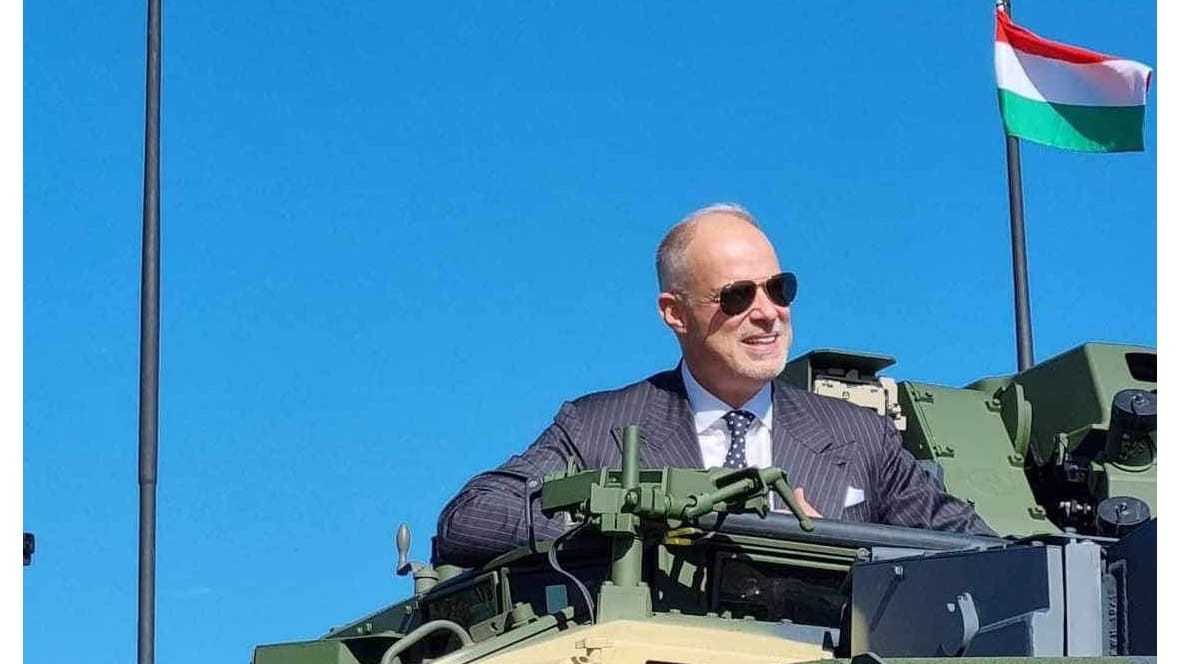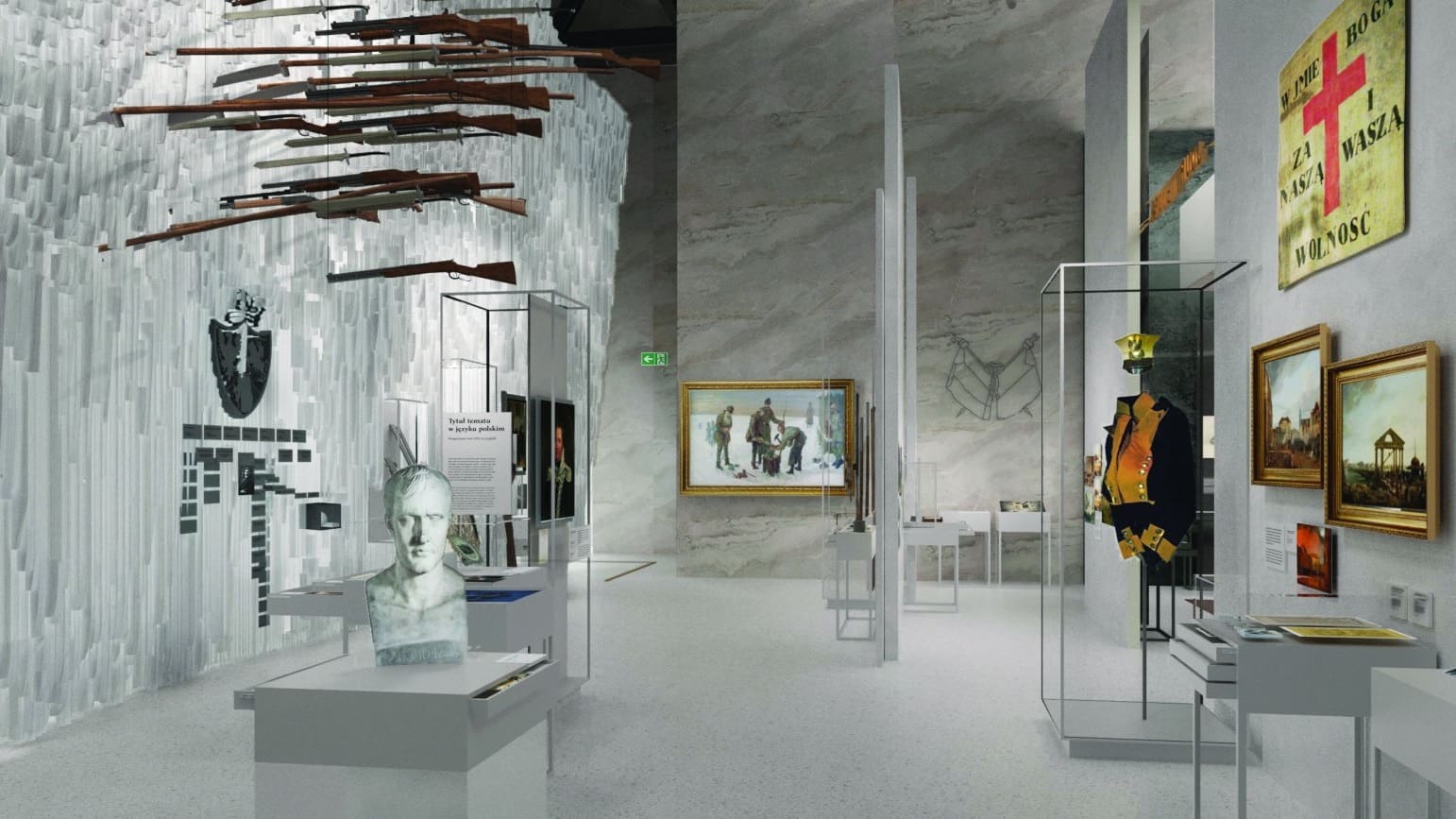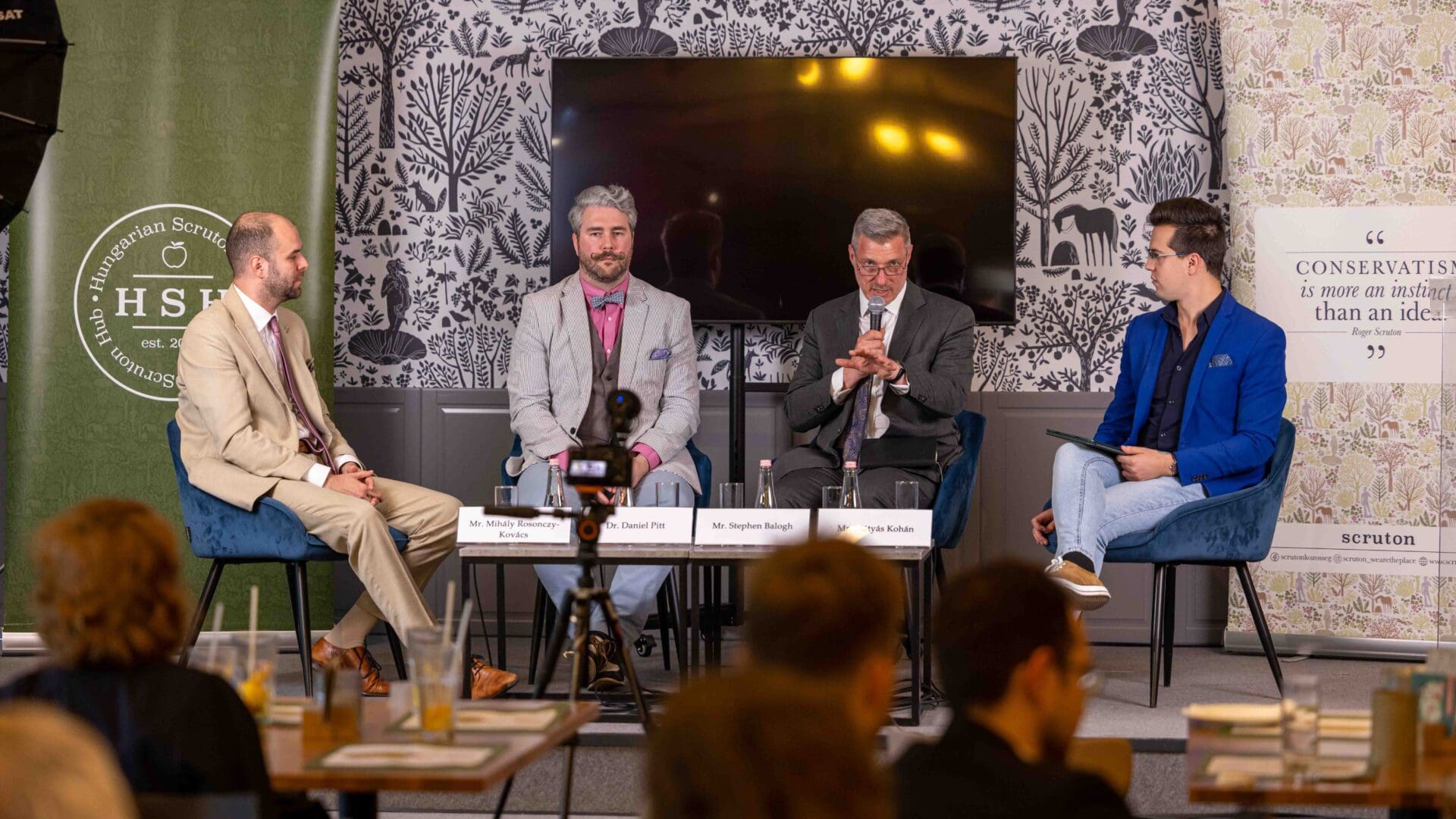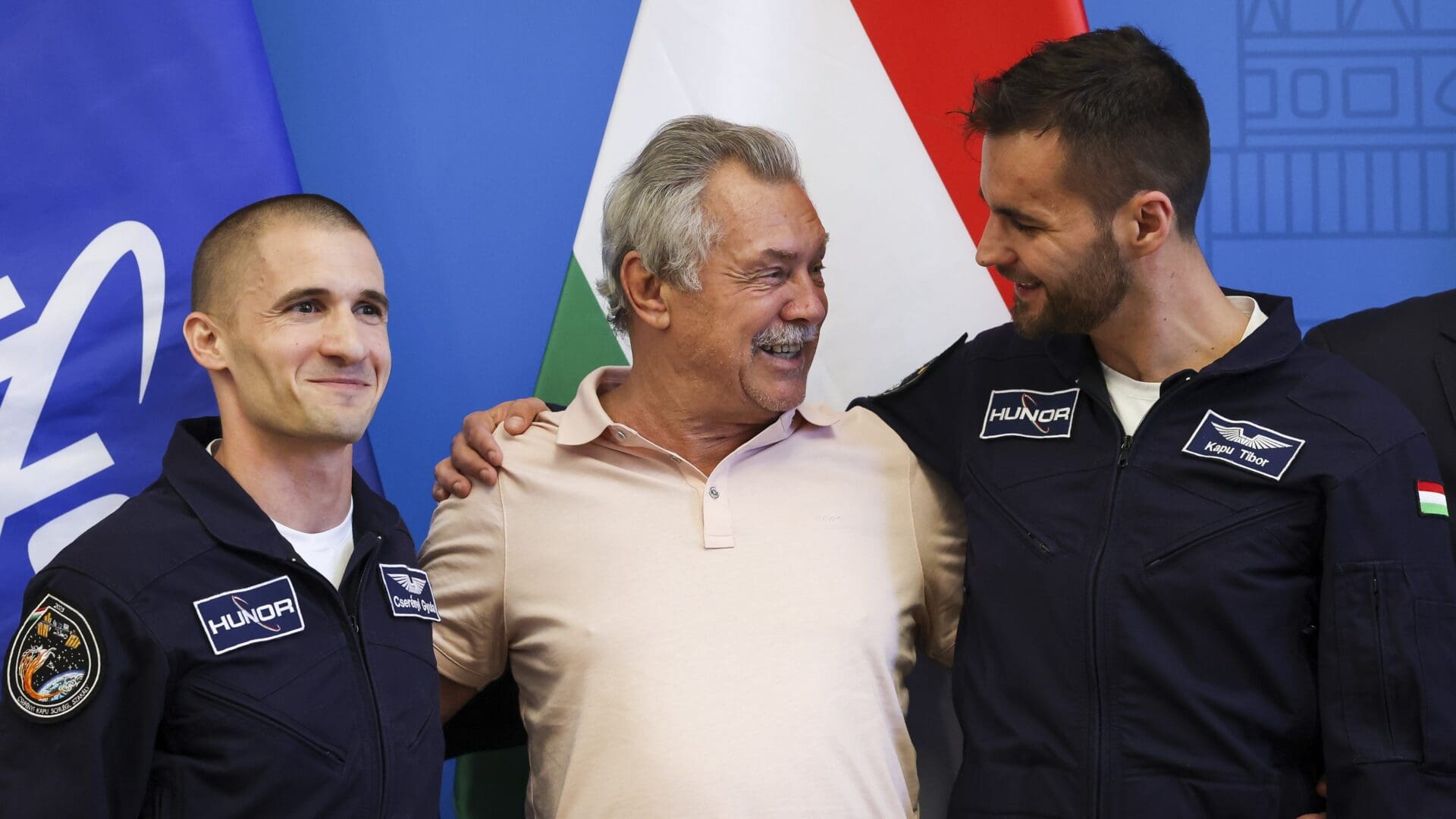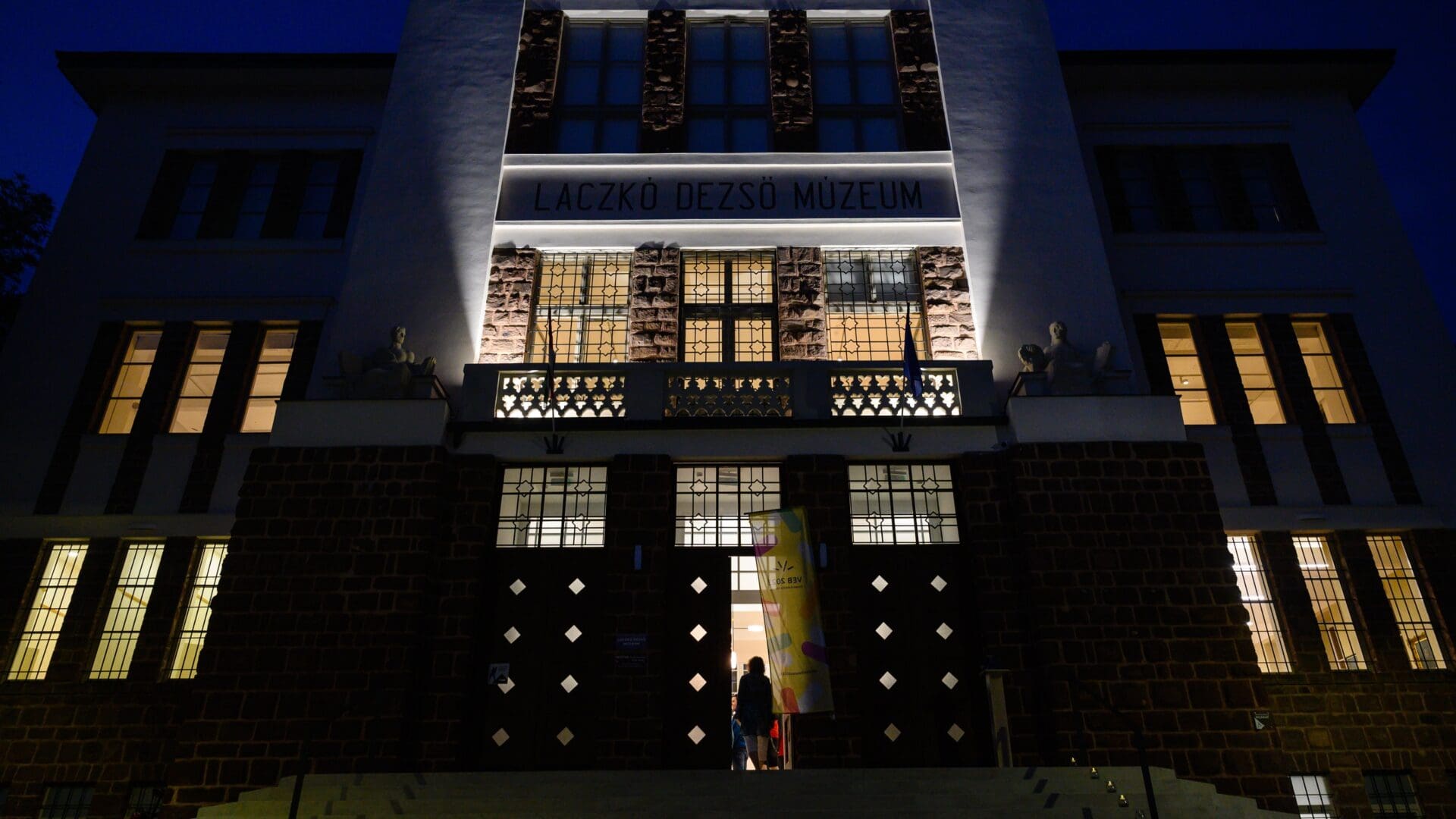
Night of Museums Returns with 2500 Programmes
In Budapest, those interested in the events and exhibitions for the Night of Museums will be able to attend with a unified wristband: adult wristbands cost 3000 forints, while children’s wristbands (ages 6 to 18) cost 1500 forints. The wristbands not only provide entry to participating institutions and programmes but also allow free use of the BKK museum bus routes.

